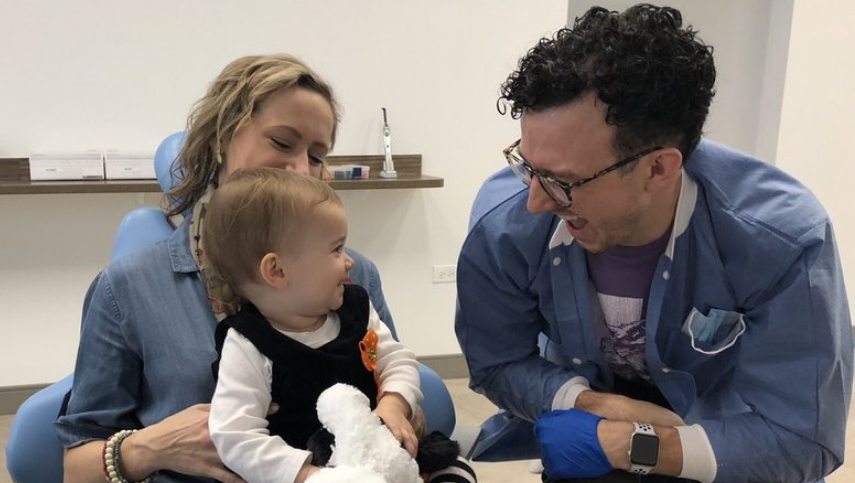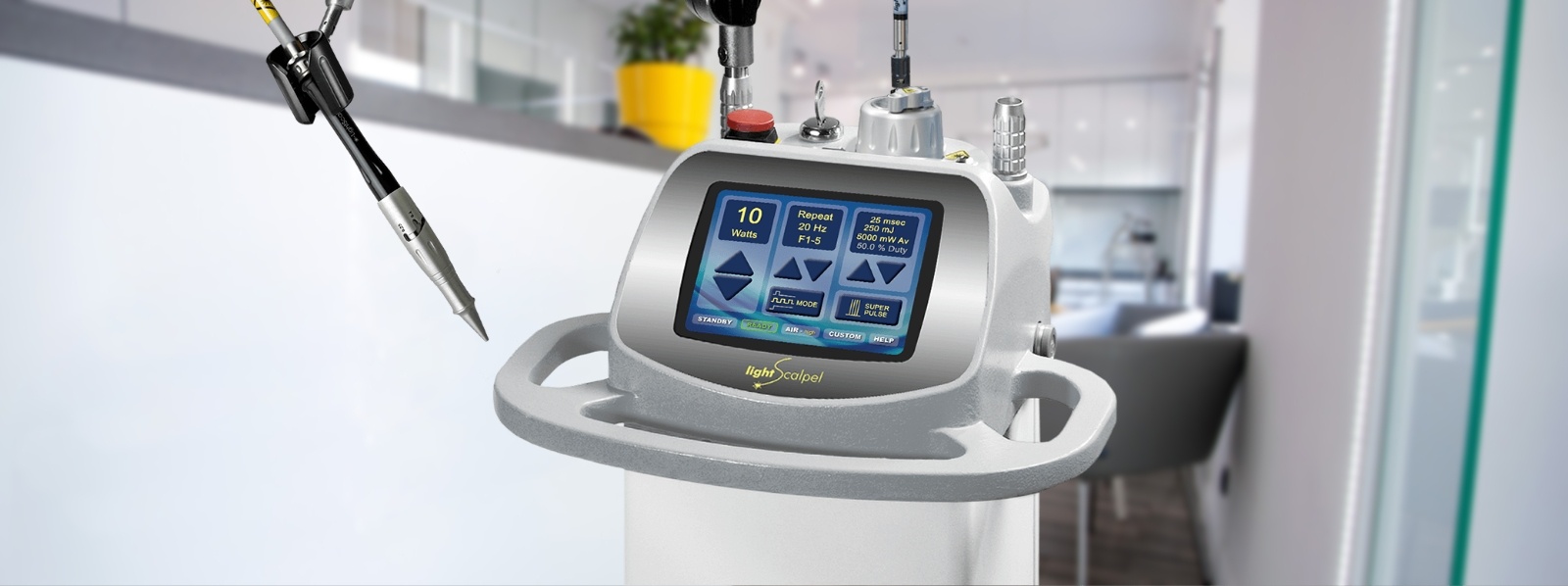Lip & Tongue-Tie Specialist – Chicago, IL


We’re able to put a worrying mother’s mind at ease and quickly improve the health of their child using the most comfortable, reliable, and proven methods available today, all while delivering excellent customer service.


There are three small bands of tissue in the mouth called frenulums or frenunms—one is beneath the tongue, and the other two attach the lips to the upper and lower gums. When these tissues are too short or thick, they can prohibit normal oral function and lead to problems feeding, speaking, and sleeping.
Anyone can be affected by a lip or tongue-tie, so it’s important for parents and adults to keep an eye out for these telltale signs:
Our team of experts has years of experience treating children and have undergone special training to help them quickly find, identify, and treat lip and tongue-ties. They will also go out of there way to educate and reassure you and your child so that the entire experience from beginning to end is as relaxed as possible. They rely on only the latest methods and best technology to deliver fantastic results that will last.
Get to Know Our Dentists

In the past, lip and tongue-ties were treated using scalpels, which as you can imagine, wasn’t very comfortable! Thankfully, the procedure is now primarily performed using lasers, and among them, the LightScalpel is far and away the best. It gives our dentists maximum control and offers supreme accuracy while guaranteeing a patient’s comfort during and after the treatment.
"We had a great experience with Dr Bindi. She was really thorough with the consult and explained all aspects of her assessment and rationale for treatment. We were able to do our newborn’s buccal, labial, and lingual frenectomies immediately following the consult which was super helpful for us being new parents to not have to coordinate an additional office appointment."
"My newborn had a tongue and lip tie and my lactation consultant recommended a laser procedure here - we saw Dr. Justin and before we knew it our daughter was a champion breast feeder! If you are considering this procedure and on the fence - I highly recommend it. You might hear differently from your pediatrician but the laser is the way to go, based on our experience. :) Thanks again, Dr. Justin!"
"We were so happy with our experience with the center and specifically with Dr. Justin. He had such a calming nature and level of empathy that calmed our nerves as first time parents with a newborn! We would highly recommend the Chicago Tongue Tie Center to anyone."
Getting rid of a lip or tongue-tie can do amazing things for a patient, improving their quality of life in countless tangible ways.

The procedure makes it easier for a patient to comfortably eat nutritious foods and also helps with digestion to increase energy and focus.

Sleep-breathing problems like snoring can be mostly or completely eliminated, leading to better rest and brighter mornings.

Speech impediments can disappear overnight, or treatment can set the stage for a patient to learn how to talk with confidence again.
If you think you or your child might be afflicted with a lip or tongue-tie, we are here for you.
Visit one of our three locations near Glen
Ellyn, Arlington Heights, or
Chicago South Loop and find
out if we can provide the relief you or your child deserves.
Schedule your in-person consultation using the button below.

The tongue is connected to the floor of the mouth with a thin band of tissue, but if this tissue is overly short or thick, this can make it much more difficult for someone to eat, speak, or even breathe properly.
Yes, the eating and speaking problems that manifest in childhood can persist well into adulthood and even become more pronounced. Adults with lip and Tongue-Ties often develop speech impediments, have trouble breathing while sleeping, and can’t chew effectively, which can lead to digestion issues.
The signs of a tongue-tie are usually most apparent during feeding. Whether with a breast or bottle, the baby will have difficulty latching onto the nipple and getting the milk/formula to flow evenly. They may become fussy while feeding because they are uncomfortable, plus they might accidentally swallow a lot of air, causing them to spit up often. Slow weight gain is also a sign that there may be feeding issues due to a tongue-tie.
If a patient is already working with a lactation consultant by the time they come to see us, we will speak to them to get their insight on a patient’s situation. We will also touch base with them again after the procedure so everyone is on the same page during the recovery period.
We typically schedule a follow-up appointment about a week after a frenectomy. Any minor oral discomfort can be managed with OTC medication, and we’ll also give a patient or parent a regimen of oral stretches to perform to help the tissue heal correctly.
 3 Convenient Locations
3 Convenient Locations

If you are a lactation consultant or pediatrician, We want to partner with you to provide the best possible solution for your lip & tongue-tie patients. Click the link below to learn how.
Partner With Us